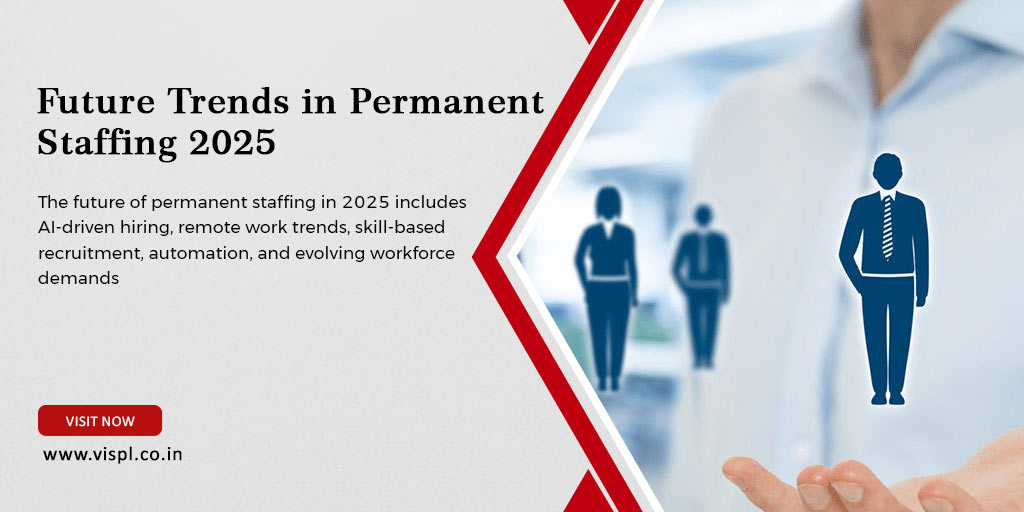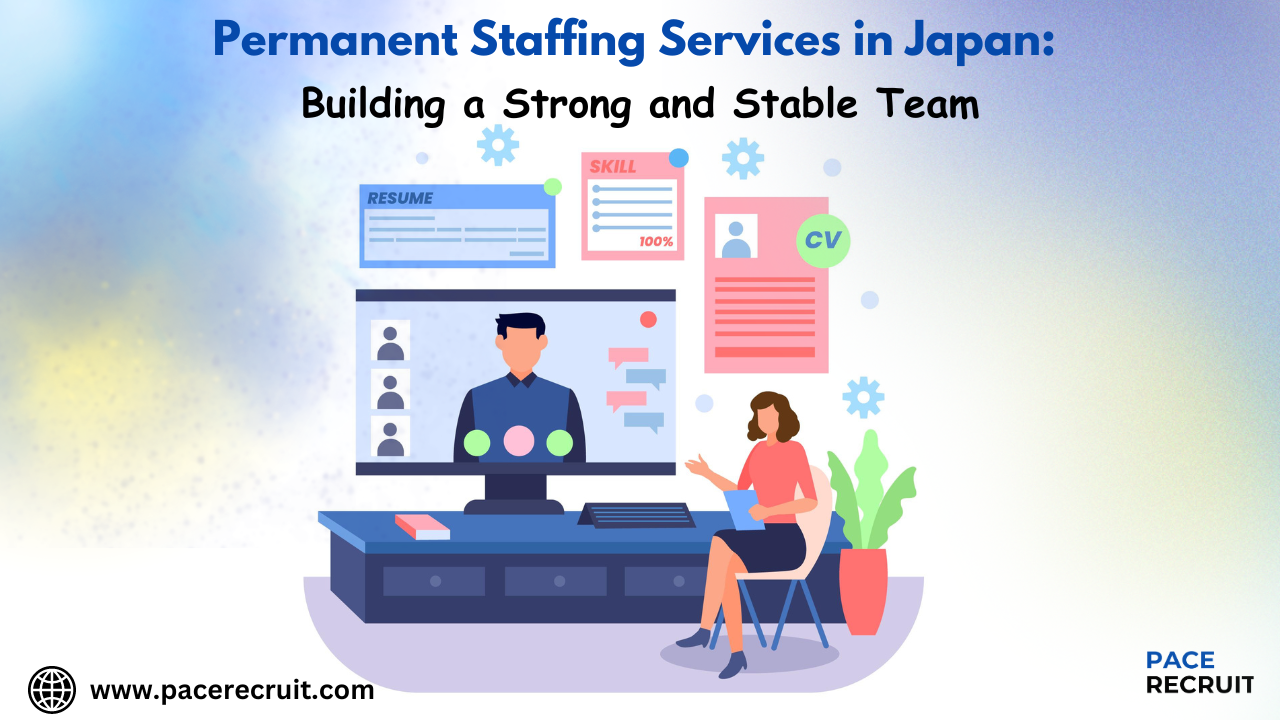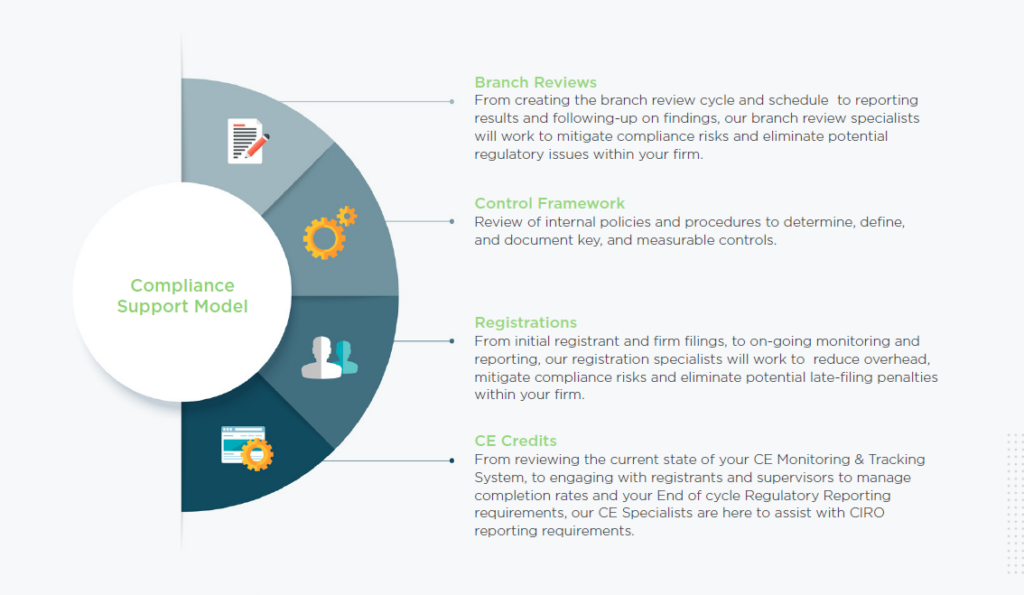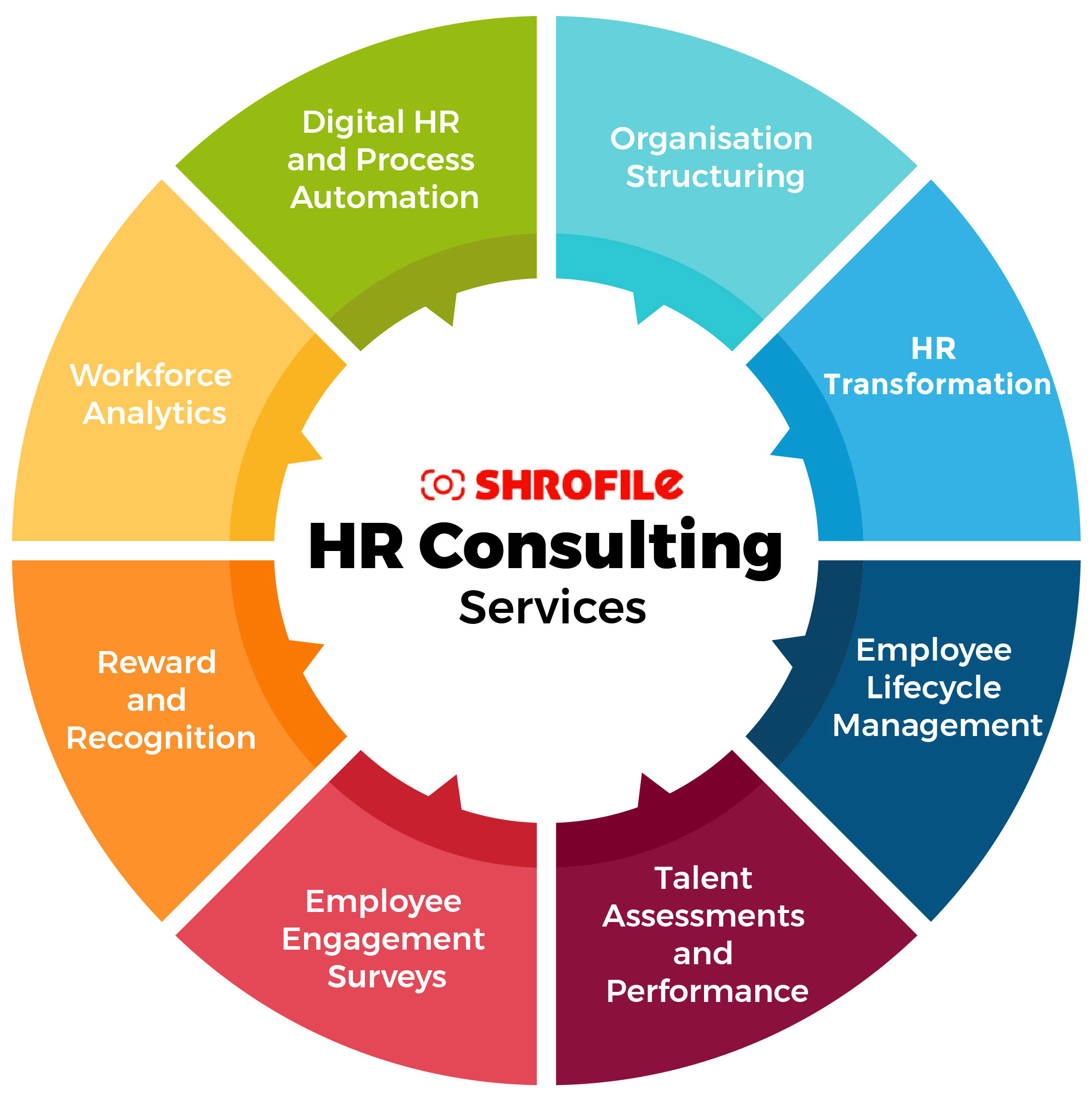
29sixservices
Add a review FollowOverview
-
Founded Date November 24, 1941
-
Sectors Production Designers
-
Posted Jobs 0
-
Viewed 25
Company Description
Outsourcing Payroll: Maximize Efficiency And Minimize Expenses

✔ Outsourcing payroll may decrease administrative problems, conserve time, and guarantee compliance with tax laws.
✔ Cost cost savings vary from 18%-35% typically compared to internal payroll processing.
✔ Payroll providers handle wage computations, tax filings, direct deposits, advantages deductions, and more.
✔ Businesses of all sizes benefit, particularly those without dedicated payroll staff.
✔ Choosing the right payroll service depends on business size, intricacy, and require for combination with existing systems.

Every other Friday, Lisa braced herself for what had basically end up being a consistent source of stress: payroll. As the office supervisor for a growing home services business, she wore many hats: scheduling tasks, handling invoices, managing HR jobs, and more. Payroll was simply one more obligation on her overflowing plate, and despite her best efforts, something constantly appeared to go wrong.

Last pay period, she overestimated overtime for two professionals, resulting in a payroll correction that took hours to repair. The month previously, a tax filing due date slipped through the cracks, resulting in a costly late charge. And after that there were the constant questions from employees about their paychecks – was my perk consisted of? Why are my reductions different today? Exists still time to correct my punch card? When will I get my W-2?
Lisa’s stress level was through the roof. Something needed to alter. Accordingly, Lisa began exploring her options. What if the business had somebody else deal with payroll? By handing off payroll to an expert service provider, or, at least, updating their software application, she could eliminate the threat of errors, ensure compliance with tax laws, and totally free up hours weekly to focus on running the business.
Does your payroll journey mimic Lisa’s? Is payroll an obstacle that looms at the end of every other week? Luckily, you’re not alone. In this short article, we’ll explore how outsourcing payroll works, the benefits it provides, and whether it’s the best move for your service.
Outsourcing payroll is the practice of handing off payroll-related tasks to a third-party service provider who focuses on processing salaries, taxes, and other compensation-related duties. Instead of managing payroll manually – or juggling several software services – businesses can rely on experts to ensure workers are paid correctly and on time while remaining compliant with tax laws.
Payroll companies manage a series of jobs, including:
✅ Processing worker wages and contractor payments;
✅ Calculating and submitting payroll taxes;
✅ Managing direct deposits and paper checks;
✅ Handling deductions, garnishments, and advantages contributions; and
✅ Staying up to date with ever-changing labor laws and tax rates.
Approximately 61% of companies outsource their payroll processes. The choice to contract out the entire function or sector out portions, such as tax filings or direct deposit management, mainly depends on business size, payroll complexity, and internal resources.
For larger companies with workers throughout numerous states, payroll outsourcing can simplify compliance with various tax laws and guidelines. But small and mid-sized services also benefit – especially those without a dedicated payroll specialist. Considered that payroll laws often alter, outsourcing ensures services stay compliant without needing to continuously keep an eye on updates.
Years back, it was unheard of for companies to entrust payroll to an outdoors company. But today, advances in payroll technology make outsourcing an affordable and effective service. Whether you require full-service payroll assistance or simply assist with specific jobs, contracting out can maximize valuable time, reduce administrative headaches, and give company owner peace of mind. Statistics back this up. According to a PwC study, business that outsource their payroll operates experience expense decreases of 18%-35%, typically.
Is outsourcing payroll the ideal option for your company? In the next section, we’ll explore the crucial advantages and possible disadvantages to assist you decide. If not, a best practice may include upgrading your internal software. While we’re biased, an option like OnTheClock allows you to encapsulate time tracking, scheduling, and payroll in one platform. No more third-party costs, hold-ups, or mistakes!
Don’t let taxes get you down. Make payroll easy with OnTheClock!
Your stress-free option for payroll.
The Benefits of Outsourcing Payroll
Having your personnel complete payroll may appear like a cost-savings measure; nevertheless, the truth is that it’s typically lengthy, complicated, and susceptible to expensive errors. Outsourcing payroll offers services a streamlined, secure, and economical solution. Here’s how it can benefit your business:
Save Time and Boost Productivity: Payroll isn’t simply about moving profits – it involves tracking hours, determining taxes, managing benefits reductions, and making sure compliance with ever-changing regulations. For little companies, this obligation often falls on a single person or a small HR team, pulling focus away from strategic efforts. Outsourcing payroll gets rid of these time-consuming jobs, maximizing your team to focus on growth and staff member engagement.
Reduce Payroll Costs: Many small and mid-sized services find that outsourcing payroll is more affordable than maintaining an internal payroll group. The expenditures related to payroll software, worker training, tax filing, and compliance management can accumulate quickly. By outsourcing, companies can access expert payroll services at a foreseeable regular monthly cost – typically less than the expenditure of hiring a full-time payroll specialist.
Minimize Errors and Ensure Compliance: Payroll mistakes aren’t simply aggravating – they can lead to significant punitive damages. From overestimating tax withholdings to missing due dates, errors can set off audits, fines, and dissatisfied workers. Payroll providers concentrate on tax compliance, keeping up to date on federal, state, and regional guidelines to make sure precise filings and timely payments.
Enhance Data Security: Payroll data includes delicate worker information, such as Social Security numbers and bank account details. Cybersecurity hazards and internal scams dangers make payroll security a top concern. Professional payroll suppliers purchase innovative encryption, secure cloud storage, and multifactor authentication to keep your company’s monetary data safe.
Avoid Payroll Disruptions: If your internal payroll expert takes a trip, gets ill, or leaves the company, payroll operations can be tossed into turmoil. Outsourcing offers connection and dependability, guaranteeing payroll is processed precisely and on time, each time.
Simplify Direct Deposit and Benefits Integration: Many small companies battle to establish direct deposit or appropriately integrate payroll with benefits administration. Payroll providers simplify this procedure, ensuring workers are paid immediately and deductions for benefits like medical insurance and retirement plans are handled correctly.
Scale With Your Business: As your business grows, payroll complexity increases. More staff members indicate more tax responsibilities, advantage alternatives, and compliance requirements. A payroll service provider can scale with your organization, adjusting to brand-new obstacles without requiring you to hire additional HR personnel.
The Downsides of Outsourcing Payroll
While outsourcing payroll can save time and reduce administrative concerns, it’s not without its challenges. Before committing to an external provider, it’s important to weigh the possible downsides and determine whether the compromises align with your organization’s requirements.
Loss of Control Over Payroll Processes: When you outsource payroll, you give up direct oversight of vital payroll functions. While automation and dedicated payroll professionals can minimize errors, you might have restricted visibility into the procedure. If an error happens, such as an incorrect paycheck or a missed out on tax filing, it could take longer to deal with than if payroll were managed internal. Additionally, you might have to count on customer assistance teams with differing levels of responsiveness instead of making instant changes yourself.
Data Security Concerns: Outsourcing needs sharing delicate worker details, including Social Security numbers, salaries, and tax information, with a 3rd party. While a lot of payroll companies execute robust security procedures, information breaches stay a risk. Additionally, since you don’t control their security protocols, you’re depending on their capability to protect staff member information. Any lapse in security could result in identity theft, compliance problems, or monetary losses.
Limited Customization and Flexibility: Payroll companies normally use standardized services that may not perfectly line up with your business’s needs. If your business has unique payroll structures, such as specialized benefits, commissions, or industry-specific deductions, adjusting to a third-party system can be difficult. Furthermore, last-minute payroll changes, such as including a cost compensation or fixing a tax code, may not be as smooth as they would be with an in-house payroll group.
Potential Hidden Costs: While outsourcing can seem economical, expenses can add up beyond the base subscription cost. Some suppliers charge extra for year-end tax filings, compliance updates, off-cycle payroll runs, or combination with other company software application. If your business needs frequent payroll modifications or tailored reporting, these additional costs can rapidly exceed the initial budget. Employee Experience Challenges: When payroll is contracted out, employees often need to call a third-party service provider for payroll-related concerns or issues. This can produce a disconnect, as workers may deal with impersonal customer care, long haul times, or inconsistent assistance quality. Unlike an internal payroll team that comprehends company culture and policies, an outsourced provider might not provide the same level of familiarity or responsiveness.
Dependency on Provider Stability: Counting on an external business for payroll suggests your organization is susceptible to its functional stability. If the company experiences monetary problem, technical failures, or sudden service disruptions, your payroll process could be affected. In extreme cases, a supplier shutting down all of a sudden could cause lost payroll data and considerable functional headaches.
The Different Kinds Of Payroll Services
Not all payroll outsourcing services are produced equal. Businesses have various needs, and payroll suppliers offer numerous levels of service to accommodate them. Whether you want to hand off everything or retain some control, there’s an outsourcing model that fits your business. Here are the primary types of outsourced payroll services:
1. Full-Service Payroll Outsourcing: If you’re looking for a totally hands-off approach, full-service payroll outsourcing is the method to go. This type of supplier handles every aspect of payroll, including:
– Calculating salaries and deductions;
– Managing tax filings and compliance;
– Administering worker advantages; and
– Handling direct deposits and paychecks.

With a full-service company, all you require to do is provide worker information, such as hours worked and wage updates. While this alternative is the most convenient, it also tends to be the most pricey. Plus, services need a reputable system for sharing accurate payroll info on time.
2. Partial Payroll Outsourcing: For services that prefer to maintain some control over payroll however offload complex jobs, partial outsourcing is an excellent happy medium. Companies may choose to:
– Manage employee time tracking and participation in-house while outsourcing tax filing;
– Handle direct deposit themselves but contract out compliance and reporting; and
– Keep payroll processing internal however use an external service provider for year-end tax return.
This design allows business to lower their administrative burden while keeping oversight on important payroll functions.
3. Cloud-Based Payroll Services: Cloud-based payroll outsourcing deals versatility and real-time access to payroll information. These services:
– Automate payroll calculations and tax filings;
– Allow employees to gain access to pay stubs and tax files through self-service websites; and
– Integrate with accounting and HR software application.
Since cloud payroll solutions are web-based, services can handle payroll from anywhere. This alternative is perfect for remote groups and growing companies that need scalability.
4. International Payroll Outsourcing: For business with a worldwide labor force, international payroll companies streamline the complexities of handling staff members throughout various countries. These services:
– Ensure compliance with regional tax laws and labor guidelines;
– Handle multi-currency payroll processing; and
– Manage cross-border payroll tax filings.
Outsourcing international payroll can avoid costly compliance errors while simplifying payments for overseas workers.
5. DIY Payroll with Provider Support: Some payroll providers provide a hybrid method where businesses handle the majority of payroll jobs but use software and tools supplied by the outsourcing company. This design is perfect for companies that:
– Wish to preserve direct control over payroll processing;
– Need automation tools to streamline estimations; and
– Prefer expert support for compliance concerns.
This approach combines the flexibility of internal payroll with the security of professional guidance.
How to Choose the Proper Payroll Partner
The best payroll service depends upon your company’s size, structure, and needs. If you desire an entirely stress-free experience, full-service outsourcing might be the best option. If you require flexibility, partial or cloud-based services may be a better fit. Here’s a list of actions you need to consider when selecting the ideal payroll service provider.
Define Your Payroll Needs: Before comparing service providers, summary exactly what you require from a payroll service. Are you trying to find full-service payroll that handles whatever, or do you prefer partial payroll contracting out where you maintain control over certain jobs? Consider features like direct deposit, tax filing, benefits administration, and compliance tracking. If your business operates in numerous areas or employs remote workers, you might likewise require multistate or international payroll capabilities.
Integration with Existing Tools: A smooth payroll process depends upon how well your payroll service provider incorporates with your existing systems. Try to find options that connect with your scheduling software application, HR platforms, and time tracking tools. Proper integration can minimize manual data entry, minimize mistakes, and enhance total performance.
Compliance and Tax Expertise: Payroll is more than just paying staff members – it includes tax filings, deductions, and compliance with labor laws. A dependable payroll partner should remain up to date with changes in tax regulations and ensure accurate reporting to avoid costly charges. Ask possible providers about their compliance processes and how they deal with updates to federal, state, and regional tax laws.
Pricing Structure and Value: Cost is a major aspect when selecting a payroll company, however the least expensive choice isn’t constantly the very best. Compare rates models, as some suppliers charge a flat month-to-month fee, while others expense per pay period or per employee. Many payroll services, consisting of OnTheClock Payroll, tend to be around $40 monthly and $6 per worker. Make certain to account for any extra costs for tax filings, direct deposits, or HR add-ons. The finest payroll partner offers a balance of price and worth, saving you time and minimizing payroll-related headaches.
Customer Support and Service Quality: Payroll errors can be stressful, so having access to responsive customer support is vital. Evaluate the service provider’s service alternatives: Do they provide live phone assistance, chat, or email help? Check online reviews and testimonials to evaluate their reputation for customer support. A payroll partner with strong assistance can quickly fix problems and keep payroll running efficiently.
Security and Data Protection: Payroll data includes delicate staff member details, making security a leading priority. Ensure your payroll service provider utilizes strong encryption, multi-factor authentication, and secure servers to protect against cyber risks. Ask about their data backup policies and how they manage security breaches.
Scalability and Flexibility: Your payroll requirements might progress as your organization grows. Choose a service provider that can scale with you, whether you’re including new workers, broadening to several places, or requiring additional functions like advantages management or time tracking. A versatile payroll partner will accommodate changes without needing a major overhaul of your payroll procedure.
Service Level Agreements (SLAs): A reliable payroll service provider should use clear service level contracts (SLAs) that lay out key efficiency expectations, such as payroll accuracy, processing times, and compliance warranties. These arrangements assist make sure responsibility and supply a standard for evaluating service quality.
Reputation and Industry Experience: Finally, research study the supplier’s track record. Look for consumer testimonials, industry certifications, and case studies that demonstrate their competence. If possible, choose a payroll partner with experience in your industry, as they’ll be familiar with sector-specific payroll requirements and compliance challenges.
Outsourcing Payroll: Common Challenges and Best Practices
Outsourcing payroll can be a game-changer for organizations, lowering administrative workload, enhancing precision, and making sure compliance. However, turning over such an essential function comes with its own set of difficulties. If not managed correctly, companies can face interaction breakdowns, security risks, and compliance issues. Below are some typical hurdles companies come across when outsourcing payroll and some actions to help conquer them.
Loss of Control Over Payroll Processes
When you outsource payroll, you give up direct oversight of payroll computations, tax filings, and staff member payments. This can cause issues about transparency, precision, and responsiveness.
– Choose a provider that uses real-time reporting and payroll control panels so you can keep track of deals.
– Establish clear expectations from the outset, consisting of deadlines, data precision standards, and escalation treatments.
– Maintain internal payroll proficiency to review reports and guarantee payroll precision.
Communication Breakdowns
An absence of appropriate interaction in between your business and the payroll provider can lead to mistakes, delays, and disappointment. Misunderstandings about information submissions, reporting requirements, and staff member classifications can trigger significant disturbances.
– Designate a dedicated point of contact on both sides to guarantee smooth interaction.
– Establish routine check-ins to examine payroll procedures, solve problems, and provide updates.
– Use cloud-based payroll platforms that permit real-time access to reports and automated notifications.
Data Security and Privacy Risks
Payroll data contains extremely delicate employee info, consisting of Social Security numbers, bank information, and income records. A security breach can lead to identity theft, monetary fraud, and legal liabilities.
– Deal with a provider that uses advanced encryption, multifactor authentication, and secure information storage.
– Limit access to payroll data by defining user roles and permissions within the system.
– Regularly review the supplier’s security policies and need compliance with industry standards like SOC 2 and GDPR.
Compliance and Regulatory Risks
Payroll laws and tax policies regularly alter, and noncompliance can lead to hefty fines and penalties. If your payroll service provider fails to remain upgraded, your service could be at risk.
– Partner with a provider that concentrates on your industry and is fluent in federal, state, and local tax laws.
– Request regular compliance audits to ensure payroll tax filings and worker classifications are precise.
– Maintain internal oversight by remaining notified about payroll policies that impact your company.
Hidden Fees and Unexpected Costs
Some payroll companies charge additional for services like tax filings, compliance updates, and software upgrades. Without a clear understanding of expenses, organizations can deal with spending plan overruns.

– Review the agreement completely before signing and clarify all expenses, including per-payroll fees, year-end reporting charges, and add-on services.
– Choose a provider with transparent, complete prices to prevent unexpected expenditures.
– Regularly assess whether the payroll service is affordable for your service.
Integration Challenges
If your payroll supplier’s system does not incorporate smoothly with your existing accounting, HR, or time tracking software application, it can cause ineffectiveness and manual data entry errors.
How to Overcome It
– Select a company that offers smooth combination with your existing tools, such as QuickBooks or OnTheClock.
– Test the integration before completely transitioning to outsourced payroll to determine possible problems.
– Work carefully with your service provider to customize information exports and imports for precision and efficiency.
Final Thoughts

Lisa’s story is all too familiar to many entrepreneur and workplace supervisors. Payroll errors, compliance concerns, and constant interruptions can turn payday into a source of stress instead of a basic process. By outsourcing payroll, Lisa took control of her time, lowered errors, and guaranteed her team was paid properly and on time.
If payroll has actually ended up being a concern for your business, it may be time to check out a much better option. OnTheClock Payroll simplifies the procedure, so you can focus on your business – not stressing over paychecks. Ready to simplify payroll? Try OnTheClock Payroll today and let us handle the heavy lifting so that you can concentrate on what matters most: growing your company!

